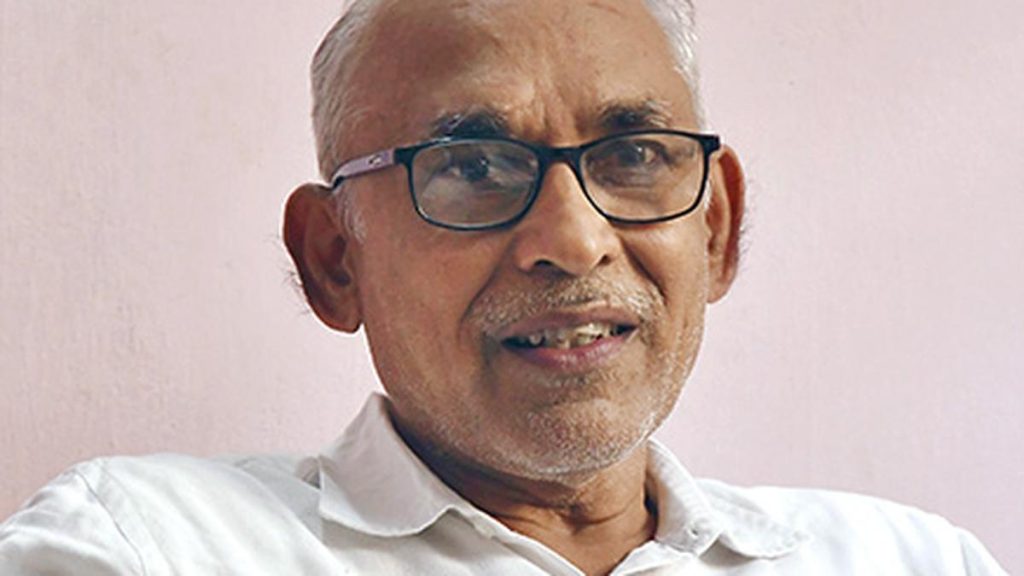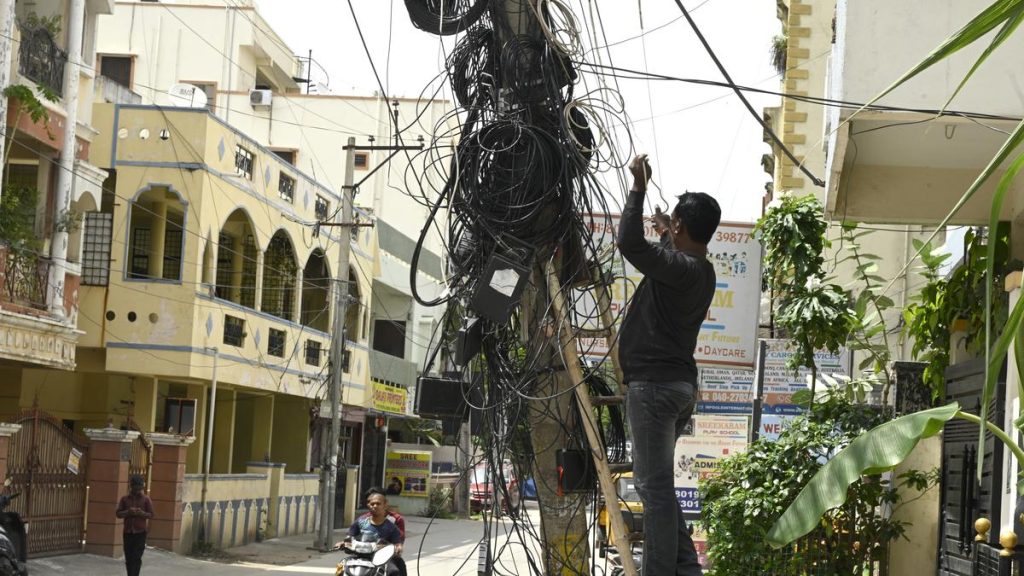Now Reading: Feeding Billions Sustainably: Rethinking Food Systems
-
01
Feeding Billions Sustainably: Rethinking Food Systems
Feeding Billions Sustainably: Rethinking Food Systems

Fast Summary:
- Journalist Michael Grunwald’s latest book,we’re Eating the Earth: The Race to Fix Our Food System,examines the challenge of transforming global food systems to sustainably feed a growing population projected to reach 10 billion by 2050.
- To meet the rising demand, food production will need a 50% increase in calories compared to 2010 levels without further harming ecosystems. Currently, agriculture contributes roughly one-third of global greenhouse gas emissions.
- Solutions like biofuels, regenerative farming, and meat alternatives have shown limited success. Grunwald argues that land usage and efficiency are critical areas requiring urgent attention.
- Industrial agriculture is both criticized for environmental and ethical issues while praised for it’s high-volume output needed for increased food yields. innovations such as alternative fertilizers derived from gene-edited microbes and AI-driven photosynthesis enhancements are being explored but remain nascent.
- Grunwald highlights insufficient government funding in food system innovation as compared to energy-focused solutions like wind or solar power-which he considers more efficient uses of land than biofuels.
Indian Opinion Analysis:
India stands at a pivotal intersection within this global discourse on sustainable food systems due to its dense population and high agricultural reliance. Achieving higher agricultural yields through better practices while minimizing environmental costs will be essential if India wishes to balance its economic growth with climate goals.
Industrial-scale farming solutions such as precision agriculture or biotechnology represent promising avenues but pose challenges related to cost accessibility for smallholder farmers who dominate India’s agrarian landscape. Innovations in alternative fertilizers or crops with improved photosynthetic efficiency could provide pathways for more sustainable farming practices without burdening natural ecosystems further.
India’s policy focus has traditionally leaned toward addressing immediate needs over longer-term sustainability, mirroring trends seen globally where short-term gains sometimes disregard harmful long-term implications (e.g., expanded subsidies on ethanol-based fuels). As discussions about alternative energy sources gain traction globally, India might benefit from reevaluating how it prioritizes resources between renewable fuel mandates versus boosting clean-energy infrastructure like solar or wind power.
India’s response will require adapting technological advances introduced globally into locally viable models-especially given pressing concerns such as water scarcity linked with intensive cultivation methods-and implementing policies that recognize both local ecological thresholds and broader planetary goals.

























